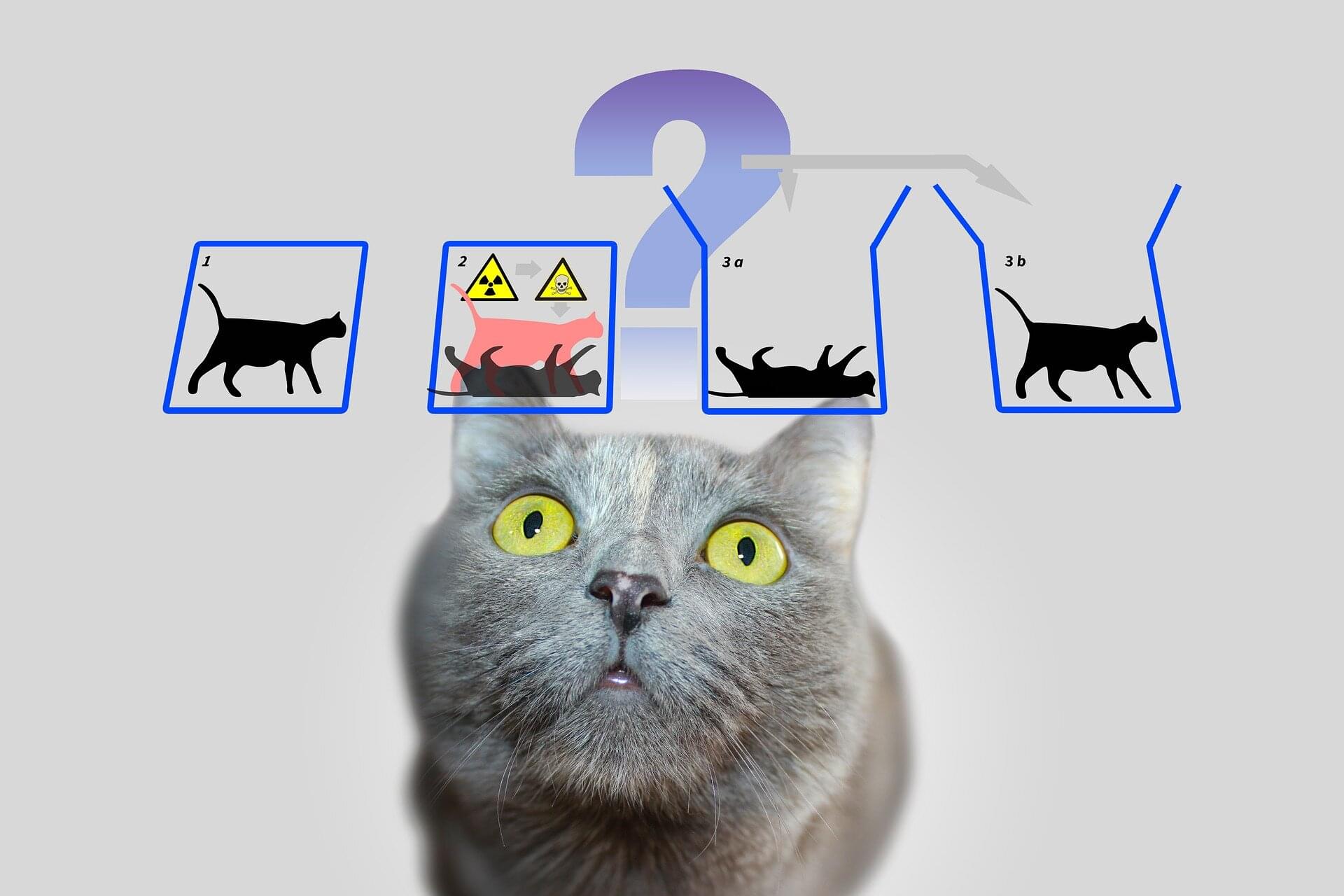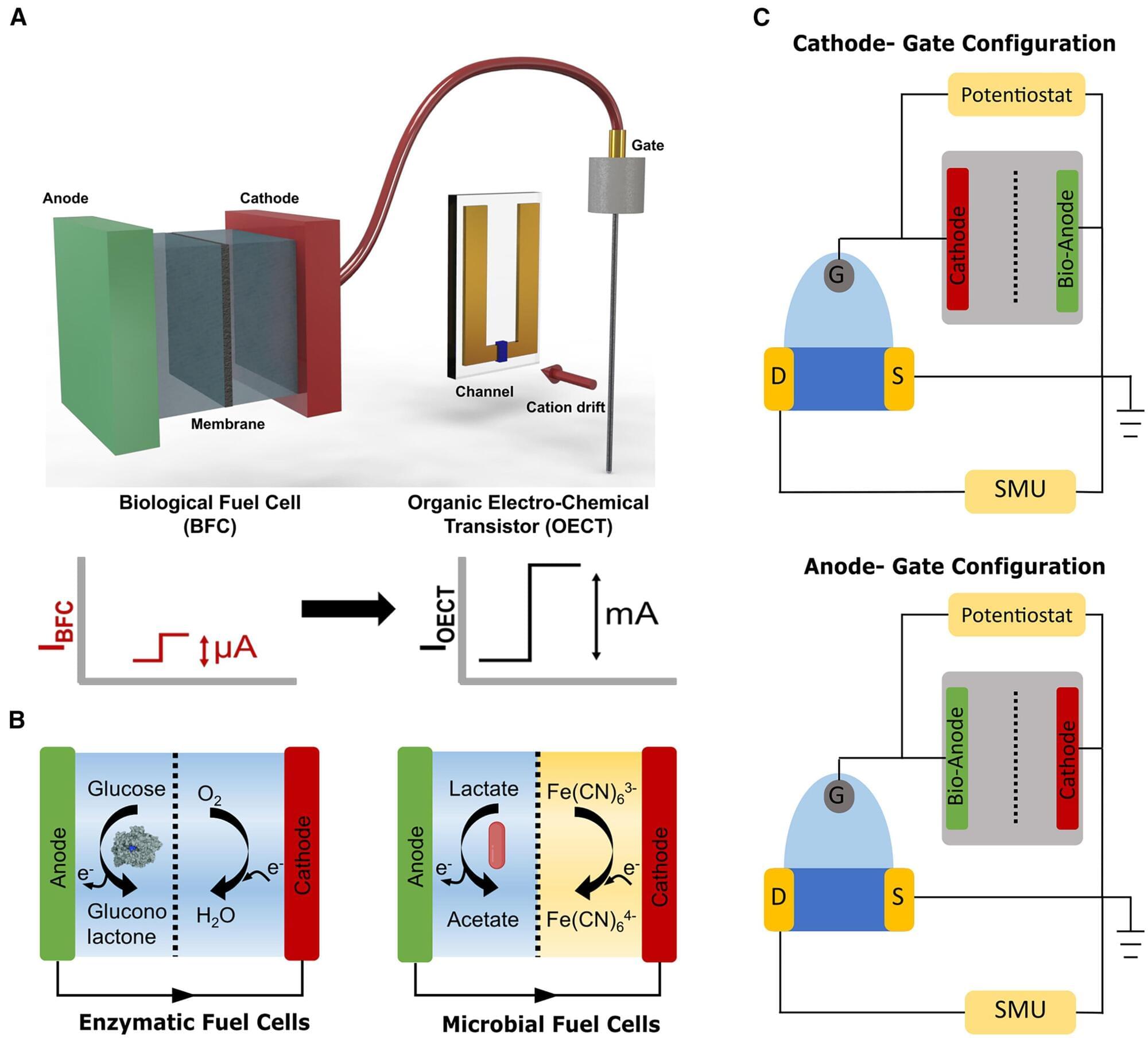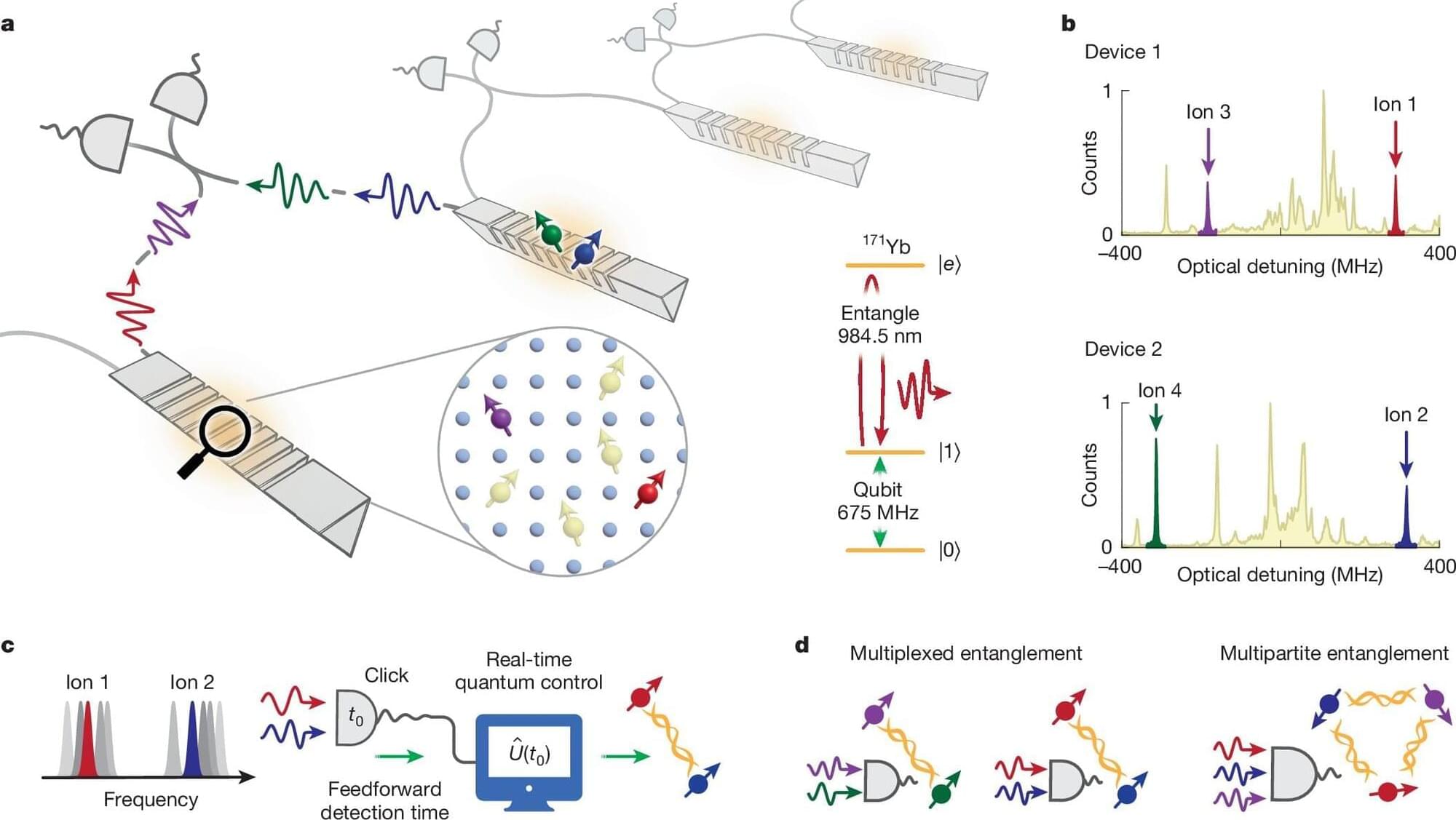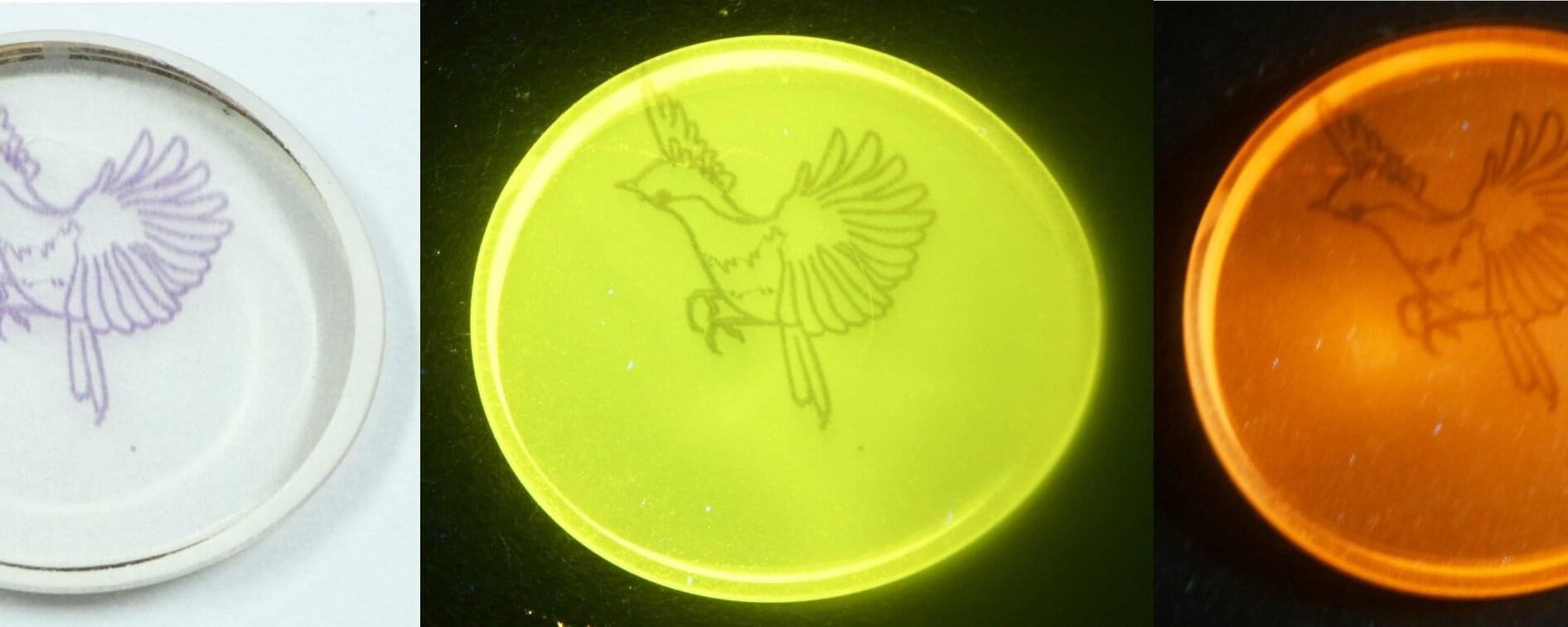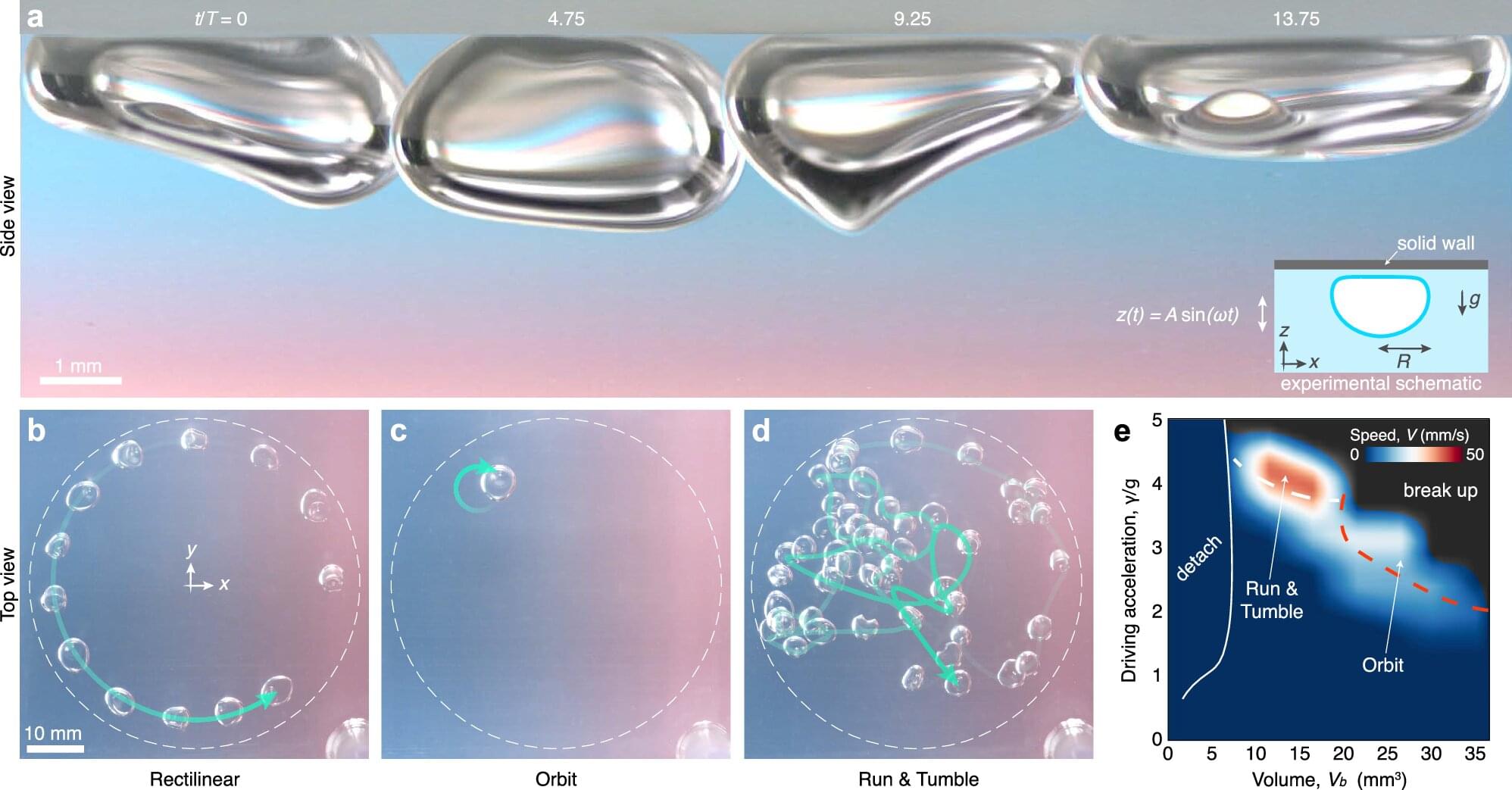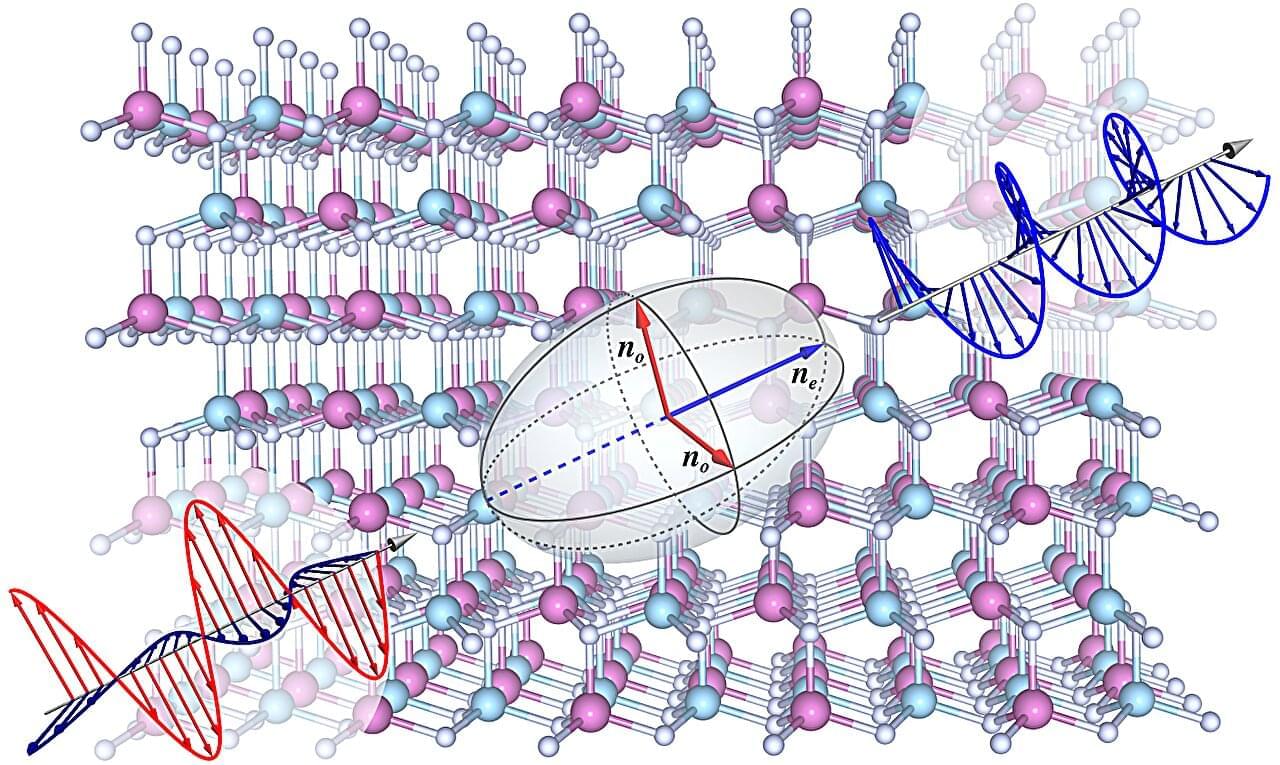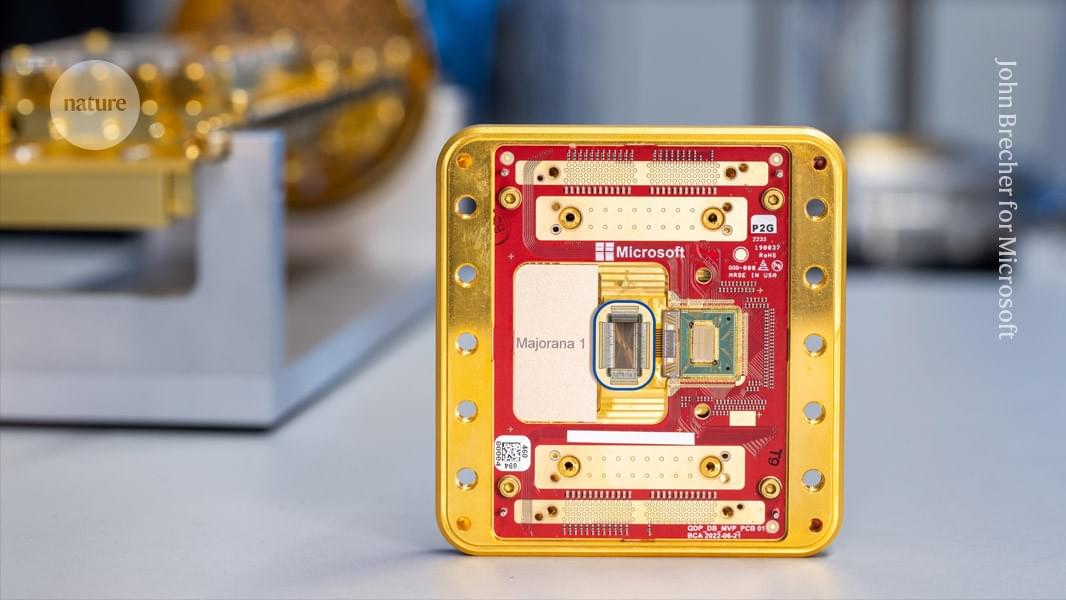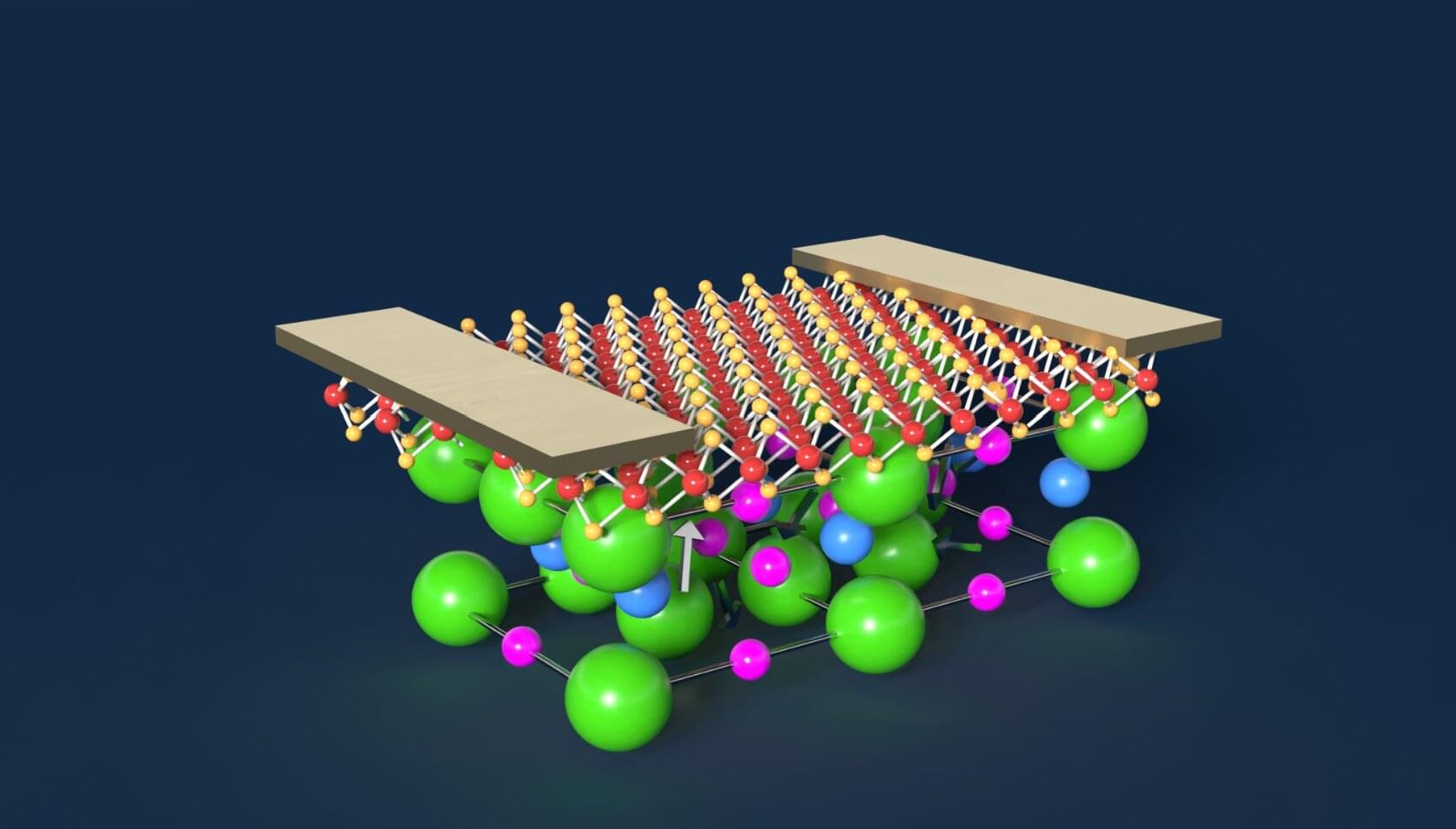A research team led by Professor Takayuki Hoshino of Nagoya University’s Graduate School of Engineering in Japan has demonstrated the world’s smallest shooting game by manipulating nanoparticles in real time, resulting in a game that is played with particles approximately 1 billionth of a meter in size.
This research is a significant step toward developing a computer interface system that seamlessly integrates virtual objects with real nanomaterials. They published their study in the Japanese Journal of Applied Physics.
The game demonstrates what the researchers call “nano-mixed reality (MR),” which integrates digital technology with the physical nanoworld in real time using high-speed electron beams. These beams generate dynamic patterns of electric fields and optical images on a display surface, allowing researchers to control the force field acting on the nanoparticles in real time to move and manipulate them.
